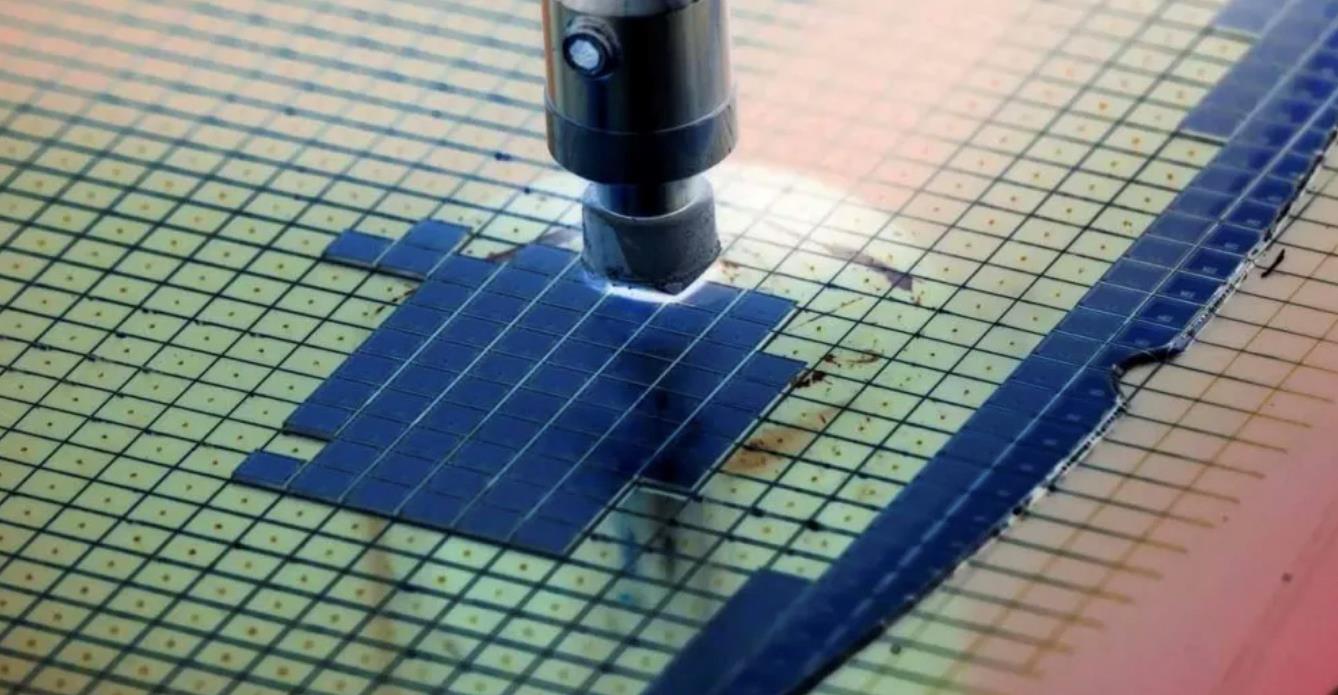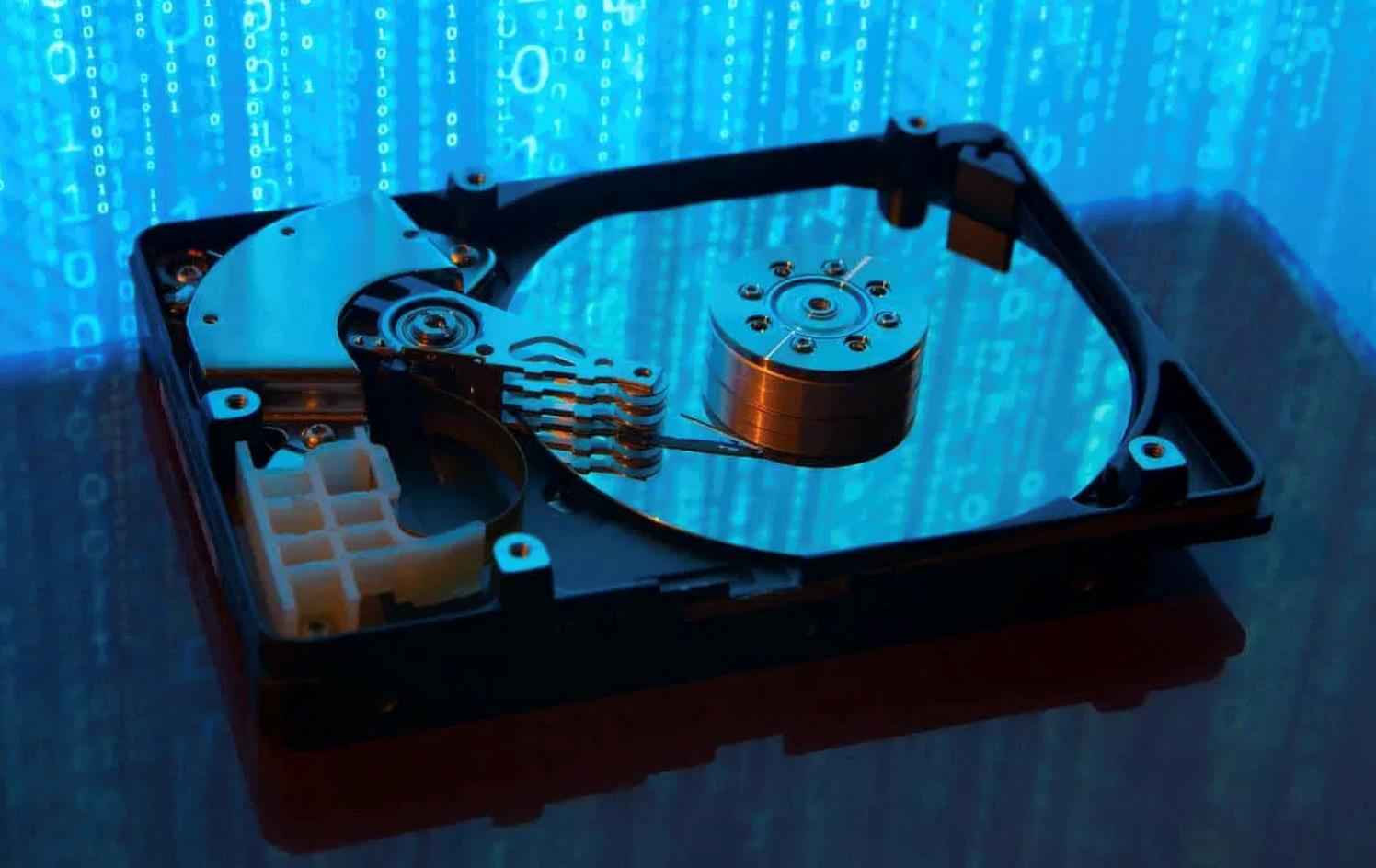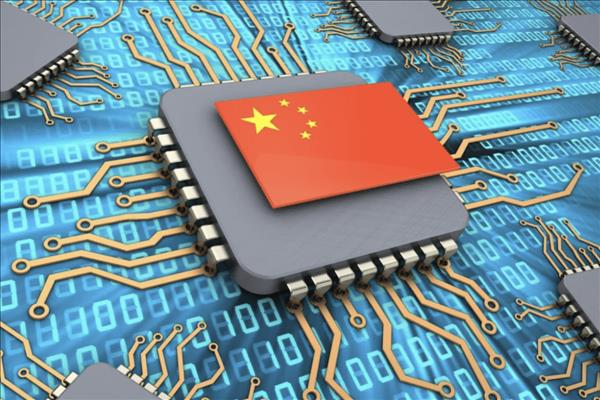(MENAFN- Asia Times) US tech titans Tim Cook and Elon Musk are under fire for their business ties to China but they are not the only Western tech executives trying to protect their hard-won Chinese markets in an increasingly hostile political environment at home.
US semiconductor production equipment heavyweights Applied Materials, Lam Research and KLA participated in the 25th China IC Manufacturing Annual Conference and Supply Chain Innovation Forum held in Guangzhou from April 17-19.
Their presence was notable given China's new focus on tech self-reliance and supply chain security in the face of escalating US sanctions on its tech industry.
China accounted for 26% of semiconductor production equipment sales in 2022, according to data compiled by global industry association SEMI. While Chinese chip equipment makers are not yet competitive in world markets, they have been handed a golden opportunity by US export restrictions.
The event was sponsored and organized by the China Semiconductor Industry Association and other national and regional organizations focused on materials, wafer processing, packaging, testing and finance.
Several domestic and foreign manufacturers, academic and research institutions, and infrastructure providers also participated. In addition to the three big US semiconductor companies, Germany's Siemens and Zeiss and Japan's Hitachi and Disco were in attendance.
Topics addressed included integrated circuit (IC) design and electronic design automation (EDA), materials innovation, atomic layer deposition (ALD) and other specialized processing technologies as well as central processing units (CPUs), field programmable gate arrays (FPGAs), systems-on-chip (SOCs), power and compound semiconductors including silicon carbide) automotive ICs and sensors.

The US is urging lithography tool-makers to stop selling to China. Image: Facebook
These are among the areas that Chinese companies need to master in order to build an independent semiconductor industry immune to US sanctions.
Guangdong province is emerging as a new center of semiconductor design and manufacturing with some 40 semiconductor-related projects valued at 500 billion yuan (US$72.6 billion) either underway or in the planning stage. That's almost 40% more than the $52.7 billion allocated to the US semiconductor industry by the Biden administration's CHIPS Act.
At the conference, Guangdong Vice Governor Wang Xi noted that the province imports about $145 billion worth of semiconductors each year, representing roughly a third of China's total chip imports. That potentially massive import substitution opportunity explains why foreign chip-making equipment companies were in attendance.
Wang is a materials scientist and a member of the Chinese Academy of Sciences who previously served as president of the Shanghai Institute of Microsystems and Information Technology, vice chairman of the China Association for Science and Technology and president of the Shanghai Institute of Advanced Research.
He became a member of the Chinese Communist Party (CCP) in 2001 and was appointed vice minister of Science and Technology in 2019. Now, as vice governor and a member of the Standing Committee of the CCP Guangdong Provincial Committee, he is overseeing the creation of a semiconductor industry complex that will complement those in Beijing and Shanghai.
Lam Research, which announced its March quarter results on April 19, wrote in its presentation materials that generally weak demand from memory IC makers was partially offset by“China-related demand across logic and memory.” By region, China accounted for 22% of the company's sales in the quarter.
On the conference call with analysts, CEO Tim Archer said that the US government had clarified the rules governing exports to China and that this“allows us to ship certain products that we had originally excluded from our expectations.”
Seagate, the world's largest maker of hard disc drives (HDDs), took the opposite approach and is now paying for it.
On April 19, the Bureau of Industry and Security (BIS) of the US Department of Commerce announced that it had imposed a $300 million penalty on Seagate for shipping about 7.4 million HDDs valued at $1.1 billion to Chinese tech giant Huawei between August 2020 and September 2021 in violation of US export controls. It was the largest single administrative penalty imposed in BIS history; excerpts from the penalty's announcement follow:
“In August 2020, BIS imposed controls over certain foreign-produced items related to Huawei... Despite this, in September 2020, Seagate announced it would continue to do business with Huawei. Seagate did so despite the fact that its only two competitors had stopped selling HDDs to Huawei, resulting in Seagate becoming Huawei's sole source provider of HDDs. Subsequently, Seagate entered into a three-year Strategic Cooperation Agreement with Huawei, naming Seagate as 'Huawei's strategic supplier' and granting the company 'priority basis over other Huawei suppliers.'
“The two other companies capable of making HDDs promptly-and publicly-indicated that they had ceased sales to Huawei. Of the three, only Seagate refused to stop sales and transactions involving Huawei. BIS's $300 million monetary penalty is more than twice what BIS estimates to be the company's net profits for the alleged illegal exports to or involving Huawei.”

The BIS has singled out hard disc drive maker Seagate for violating tech sanctions on China. Image: Twitter
The other two HDD makers are Western Digital and Toshiba. According to data storage market research company Trendfocus, Seagate had about 45% of the global HDD market in the first quarter of calendar 2023, followed by Western Digital at 36% and Toshiba at 19%.
But the higher the market share, the bigger the problem as global demand for HDDs is collapsing. Unit shipments dropped about 34% year-on-year at Seagate and by approximately 37% at both Western Digital and Toshiba. This was due both to the long-term trend favoring solid-state drives (SSDs) and the current downturn in the PC and enterprise data storage markets.
SSDs use NAND flash memory instead of rotating discs for data storage. South Korea's Samsung, the world's largest maker of NAND flash memory, sold its HDD business to Seagate in 2018. Toshiba affiliate Kioxia, in partnership with Western Digital, is the world's second-largest maker of NAND flash memory.
Unit shipments of HDDs peaked in 2010 and have since dropped by more than 75%. Since 2012, SSD unit shipments have increased by more than 10 times, overtaking HDDs and reaching price parity at higher and higher levels of storage capacity.
Without rotating discs, spindles and motors, SSDs are lighter and more resistant to vibration than HDDs. Indications are that they will continue to displace HDDs in all but top-end applications – and there, too, if HDDs are not available.
Ironically, the BIS has imposed its largest fine ever in a case involving a legacy product that has little or nothing to do with national security and that is steadily declining in tech industry importance. But the point clearly was to set an example:“This settlement is a clarion call about the need for companies to comply rigorously with BIS export rules...”
Specifically, Seagate used ion beam etch and deposition, physical vapor deposition and laser-based surface inspection equipment – all on the BIS' export restriction list – to manufacture and test the HDDs. Only the final product was shipped to Huawei.
For the three months to March (the company's fiscal third quarter), Seagate reported an operating loss of $315 million and a net loss of $433 million. The $300 million fine, therefore, is equivalent to another bad quarter at the bottom of the tech cycle.
huawei also learned its lesson, replacing more than 13,000 imported components with alternatives made in China and redesigning more than 4,000 circuit boards in order to evade US sanctions.
Follow this writer on
Twitter: @ScottFo83517667
Like this:Like Loading...






















Comments
No comment